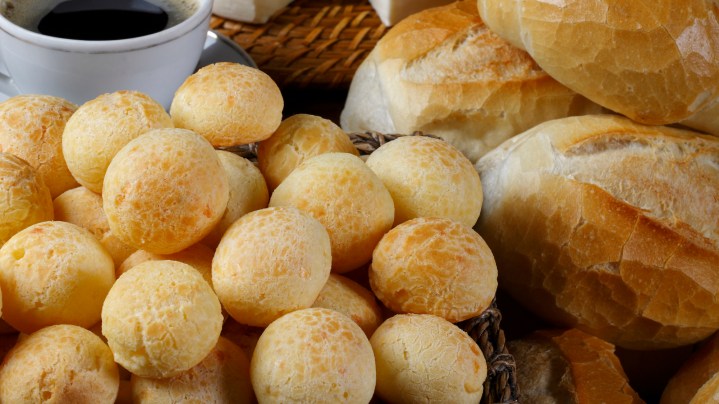Don’t Ever Mispronounce This Portuguese Word at a Brazilian Bakery or You’ll Be Asking for Penis

Photo by ribeirorocha/ Getty Images
Imagine this: You’re enjoying your time in Brazil and decide to drop into a bakery to order bread. When you reach the register and ask for bread, the cashier gives you a strange look. Unbeknownst to you, you have mixed up the words bread and penis. And you wouldn’t be alone. So many foreigners in Brazils don’t realize that the nasal sound of one vowel can change the meaning of a word.
In Portuguese, the words pão and pau have very similar sounds, but completely different meanings. Pão means bread, while pau is a stick. But the confusing words get even more messed up for people who don’t know that pau is actually a Brazilian slang for penis.
“One time I asked for bread at a bakery near my apartment in São Paolo and the lady looked at me super confused,” said one non-Brazilian to Remezcla. “A week later, I asked my Brazilian friends and they said a lot of foreigners who speak Spanish have a problem with the word bread in Portuguese. That’s how I figured out I asked the lady for a bag of penises.”
Here is how you pronounce the word pão, commonly known in the US because of the popularity of the Brazilian cheese bread, pão de queijo.
Pão comes from the old Portuguese word “pan,” which is the same word for bread in modern Spanish. Its plural is pães.
And this is how you pronounce pau, the slang word for a phallus.
When translated to old Portuguese, the word for pau would actually be pão. The word translates to “palo” in Spanish and “pole” in English, which is why the word has a different connotation in Brazil.
So, before you travel to Brazil, we totally recommend studying the above videos. If you’re still confused or embarrassed, you can at lest take solace in the fact that you’re not alone.